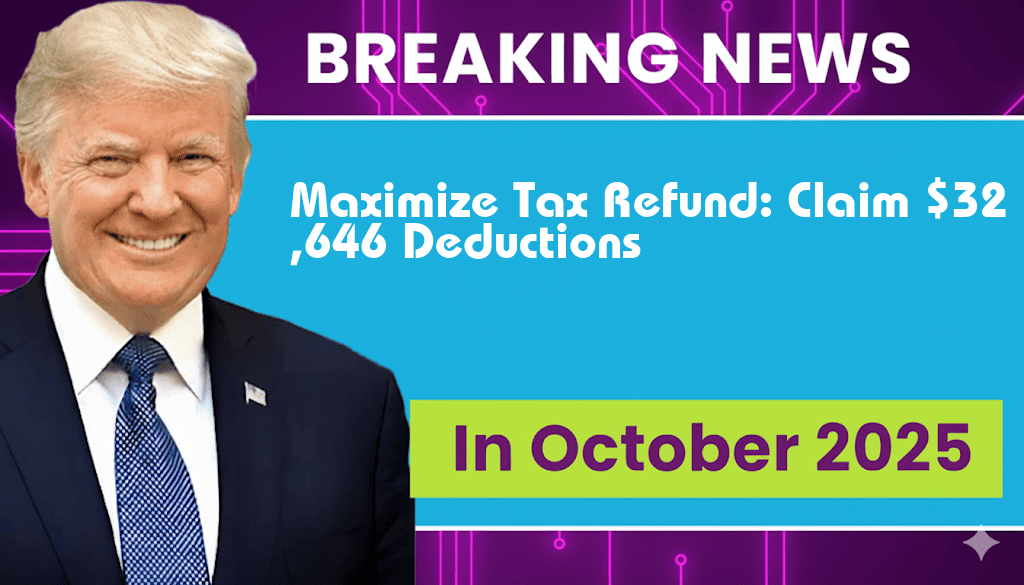

Estate Exclusion Soars to $13.99 Million, Significantly Benefiting Heirs
The IRS has announced a substantial increase in the federal estate tax exclusion for 2023, which will rise to $13.99 million per individual. This significant change, effective from January 1, 2023, marks a considerable jump from the previous exclusion limit of $12.06 million in 2022. As a result, individuals can now pass on more wealth to their heirs without incurring federal estate taxes. This adjustment is expected to benefit numerous families across the United States, allowing them to preserve greater assets for future generations. The increase reflects the government’s response to inflation and is part of a broader trend of estate tax adjustments aimed at easing the financial burden on heirs.
Understanding the Estate Tax Exclusion
The estate tax exclusion determines the amount of an individual’s estate that can be passed on to heirs without incurring federal taxes. For 2023, the exclusion is set at $13.99 million per person, meaning that estates valued below this threshold will not be subject to the federal estate tax rate, which can reach up to 40%. Married couples can effectively double this amount, allowing them to transfer up to $27.98 million tax-free when proper estate planning strategies are employed.
Impact on Wealth Transfer
- Greater Asset Protection: The increased exclusion allows individuals to shield a more significant portion of their wealth from taxation, thereby preserving family assets.
- Encouragement for Giving: With higher limits, individuals may feel more inclined to gift portions of their wealth to heirs while they are still alive, reducing the overall taxable estate.
- Strategic Estate Planning: Families can now consider more sophisticated estate planning strategies, including trusts and charitable donations, to optimize their tax situation.
Who Benefits the Most?
The rise in the estate tax exclusion primarily benefits high-net-worth individuals and families with substantial assets. According to recent data, only about 1,900 estates were subject to federal estate taxes in 2021, given the previous exclusion limits. With the new threshold, many more estates will avoid taxation, allowing a broader segment of the population to benefit from this policy change. Families with farms, small businesses, or significant investments can now plan more effectively to ensure their legacy is passed on with minimal tax implications.
Future Considerations and Planning
While the increase in estate exclusion presents immediate advantages, experts advise individuals to remain vigilant regarding potential changes in tax law. The current exclusion amount is set to be adjusted for inflation each year, but future administrations may propose alterations to the estate tax framework. For instance, discussions have surfaced about potential reductions in the exclusion amount or changes in tax rates, particularly if tax revenues are needed to address other fiscal challenges.
Individuals are encouraged to consult with financial advisors or estate planning attorneys to navigate these complexities effectively. Proper planning can maximize benefits under the current law and prepare for any future changes.
Conclusion
The increase of the estate tax exemption to $13.99 million offers significant advantages for many Americans, allowing for more effective wealth transfer strategies. As families navigate this change, they should consider both current benefits and potential future implications to ensure they maximize their estate’s value while minimizing tax liabilities.
| Year | Exclusion Amount |
|---|---|
| 2020 | $11.58 million |
| 2021 | $11.7 million |
| 2022 | $12.06 million |
| 2023 | $13.99 million |
Frequently Asked Questions
What is the current estate exclusion amount?
The current estate exclusion amount has soared to $13.99 million, allowing individuals to pass a substantial amount of wealth to their heirs without incurring federal estate taxes.
How does the increased estate exclusion benefit heirs?
The increased estate exclusion benefits heirs by enabling them to inherit more assets tax-free, reducing the financial burden on the estate and maximizing the wealth transferred to them.
Are there any changes to estate tax laws that affect the exclusion?
While the estate tax laws can change, the current increase in the estate exclusion to $13.99 million reflects the latest adjustments made to keep pace with inflation and other economic factors.
What should individuals do to take advantage of the estate exclusion?
Individuals should consider estate planning strategies, such as gifts or trusts, to maximize the benefits of the estate exclusion and ensure that their heirs receive the full advantage of the $13.99 million threshold.
Is the estate exclusion amount expected to change in the future?
The estate exclusion amount is subject to periodic adjustments based on inflation and legislative changes, so it is advisable for individuals to stay informed about potential shifts that could affect the estate tax landscape.





